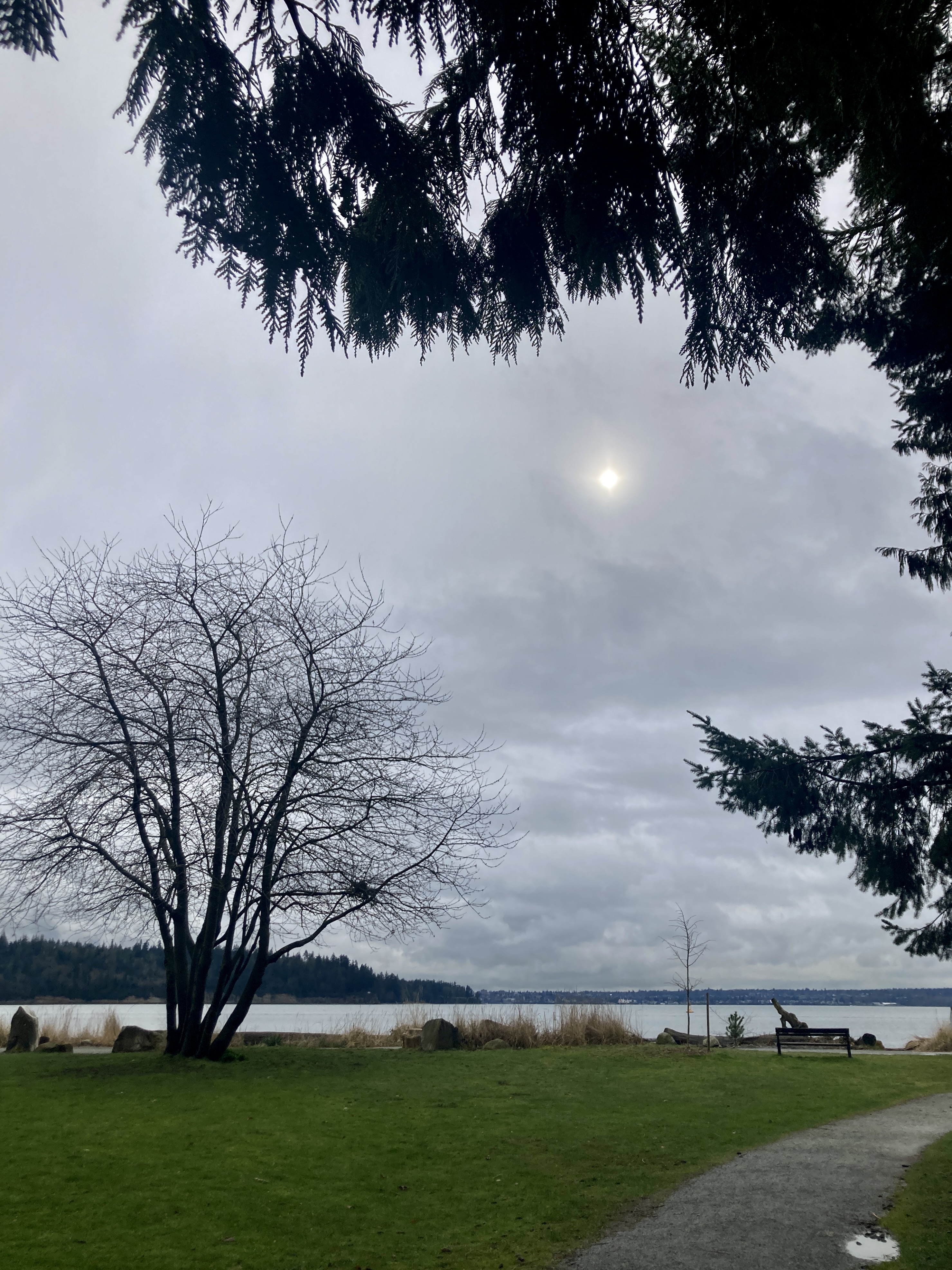Bowed out of a dinner tonight with my Francophone friends - wonderful as it is to be invited, I've been out the last two nights and tonight needed to sit at my desk and think. It feels like a long time since I've been here. And you can see how much work I'm getting done ... writing to you. At some point, I'll have to stop doing this - too time-consuming. But not yet.
About "Saturday Night Live" last night - my God, it was bad. The level of comedy was appalling, but then, the host was Martin Short. I know he's Canadian, and I don't want to be disloyal, but with the neurotic desperation of his patter, he gives comedians a bad name. My poor Paul had to do a skit with him, which he got through with dignity. And then Macca sang a few songs, including the same one with hairy Nirvana as at the Sandy concert.
I wondered - how long can these guys keep going, the Stones, the Who, Paul? I mean, they're 70. Will they still be singing at 80? 85? They're in good physical shape, all of them, even, incredibly, Keith Richards. But how long will the voices last? Well, one thing is pretty sure - the fans will be there, if the bands are.
Today, something completely different - Sarah Polley's film "Stories we tell," a documentary about her vivacious actress mother, Diane Polley, and about Sarah's discovery not long ago that the man she thought was her father was not; her mother had had a passionate love affair in Montreal, and Sarah goes there to meet her biological dad. The film is a video version of what we do in class - exploring the true stories that matter most. I've heard versions of this story before, in many permutations, students discovering their real parents, including several who found out that the girl they thought was their sister was in fact their mother. There are no more important stories than these, that tell of blood ties, blood relations.
For me, the most moving scenes were not Sarah with her fathers, but when her siblings and half-siblings discuss their mother, dead from cancer when Sarah was only 11. And especially the story of how free-spirited Diane walked out of her early first marriage, and her husband sued for custody of their two children and won - in 1967, society still condemned a woman who worked and took a lover. The two grown-up children tell of suddenly losing their mother and can hardly speak for grief. It's very powerful - though I've heard it all, in class, many times before.
The Globe review of the film accuses Sarah Polley of being smug and self-congratulatory, admiring her own story as she tells it. I disagree; I think her film is simply too long. If she'd had an editor to cut some 15 minutes, it would have been a much better film. No, stop here, I kept thinking, and on we went. Maybe that's the smug part - not seeking outside eyes to help cut. Where are the editors?
I know where - at work. One of my dinners out this week was with the Word Sisters, as we call ourselves, a group of women who freelance in the book business, particularly editors. A formidable group, with all their commas, and all their cuts, in the right places.
Subscribe to:
Post Comments (Atom)












No comments:
Post a Comment